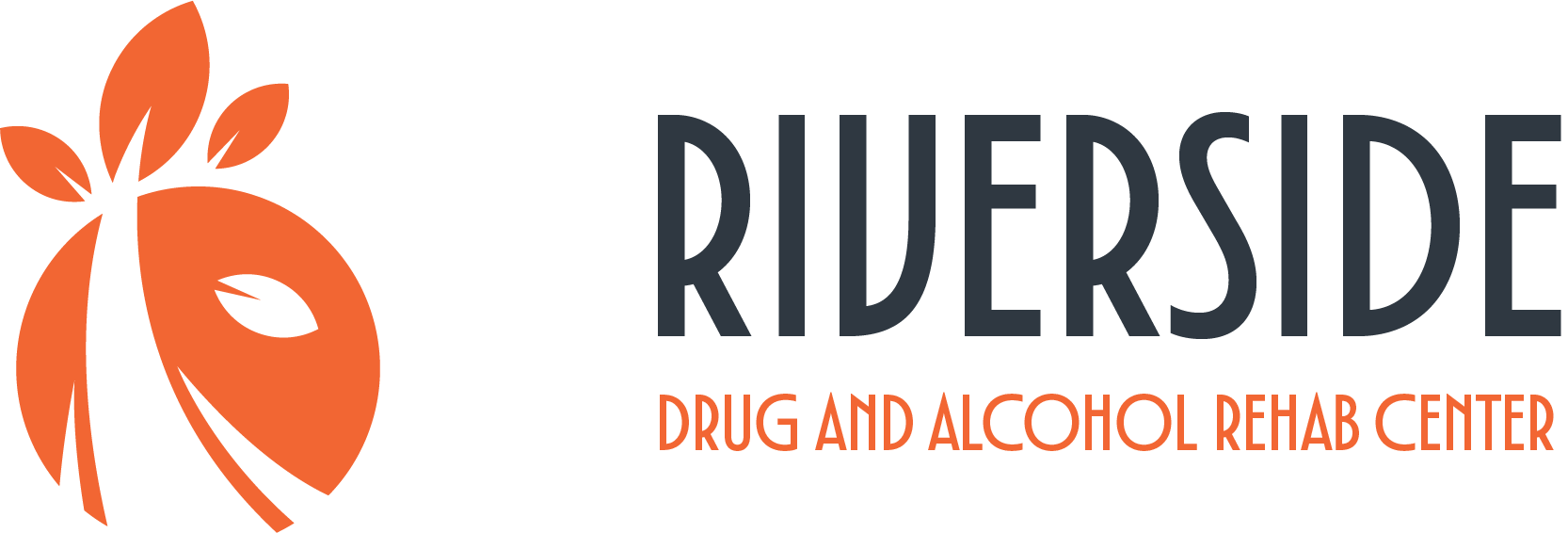Cocaine Withdrawal Symptoms
Key Signs and Management Strategies
Cocaine is a powerful stimulant that affects the brain and body, leading to potential dependence and addiction. Top rehab centers such as Riverside Drug and Alcohol Rehab Center offer personalized treatment plans for this. When someone stops using cocaine, withdrawal symptoms such as agitation, irritability, depression, excessive sleep, increased appetite, muscle aches, strong cravings, anxiety, fatigue, and sleep disturbances can arise, making the process both physically and mentally challenging. These symptoms may vary in intensity and duration depending on individual differences and usage patterns.
The timeline for cocaine withdrawal typically starts with intense mood symptoms, cravings, irritability, and trouble sleeping in the first week, with a high risk of relapse. Symptoms reduce in intensity over the next 1 to 10 weeks but cravings and concentration issues may continue. By week 10 and beyond, symptoms generally dissipate, though intermittent cravings may still occur. Awareness and knowledge of the withdrawal process can guide individuals toward seeking appropriate help. Treatment options, including therapy and medication, offer pathways to manage symptoms effectively, promoting recovery and health. Seeking professional assistance is crucial for navigating this period safely and successfully.
Eric Zink Shares Five Common Symptoms of Cocaine Withdrawal

Eric Zink, a popular YouTuber with 200k subscribers, shares his insights on the often-overlooked signs of cocaine withdrawal. Having experienced addiction and recovery himself, Eric aims to educate his audience on how to recognize these symptoms in order to better support those who may be struggling. He has been sober since July 25, 2017, and uses his platform to raise awareness and offer encouragement to others facing similar challenges.
The 5 Symptoms of Cocaine Withdrawal According to Eric Zink
Anger and Mood Swings
Eric explains that one of the first signs of cocaine withdrawal is extreme anger. This occurs because cocaine depletes serotonin levels, a neurotransmitter responsible for regulating mood. Without cocaine, the brain struggles to produce serotonin, resulting in rapid and unpredictable mood swings, which can make the person seem almost bipolar. Anger and frustration are particularly prominent as the individual battles the urge to use again.
Depression and Isolation
Another major symptom is depression, which can cause the individual to withdraw from social interactions. Cocaine use leads to a surge in dopamine, creating a sense of euphoria. When usage stops, the brain’s dopamine production drops significantly, leading to feelings of sadness and hopelessness. This often causes the person to isolate themselves from friends and family.
Nasal Issues
Frequent cocaine use typically involves snorting, which can cause nasal problems even during withdrawal. Eric notes that individuals may still exhibit behaviors like touching or rubbing their nose, experiencing phantom drips, or having a runny nose. These symptoms, sometimes called the "Colombian cold," are residual effects of prolonged nasal use and serve as a physical indicator of withdrawal.
Disassociation and Mental Absence
During withdrawal, individuals may appear disassociated or mentally absent. This is because cocaine withdrawal primarily affects the brain's neurotransmitter systems rather than causing obvious physical symptoms. The person may seem lost in thought or internally preoccupied, battling cravings and the overwhelming desire to use again.
Changes in Appetite and Digestion
Cocaine withdrawal can lead to significant changes in appetite and bowel movements. As the body adjusts to the absence of the drug, individuals often experience increased hunger and changes in digestion. They may begin eating more frequently or in larger quantities as their body attempts to compensate for the nutritional deficits experienced during active use.
Physical Symptoms of Withdrawal
When an individual stops using cocaine, the body responds with various physical symptoms. These symptoms can range from mild discomforts like fatigue to more severe complications such as seizures.
General Physical Symptoms
Many people going through cocaine withdrawal feel physically exhausted. Fatigue is common, and they might sleep much more than usual. Another frequent issue is changes in appetite. Some may experience an increased appetite, feeling hungrier as their body adjusts. Sleep disturbances often occur, leading to either too much sleep or trouble sleeping at all, which further impacts energy levels.
Muscle aches and headaches might also be present, adding to general bodily discomfort. These symptoms are the body's way of adjusting to the absence of the drug's effects on neurotransmitters.
Severe Physical Complications
In some cases, withdrawal can lead to severe physical complications. Seizures are a serious concern, particularly if the person has a history of heavy drug use or underlying health issues. Intense chills might occur, making individuals feel cold even in warm environments, adding to their discomfort. Tremors could be present, causing involuntary shaking or trembling of the hands or body.
Mental and Emotional Symptoms
Anxiety, depression, and irritability are common as the body adjusts to the absence of the drug. These effects can vary in intensity and duration, influencing how someone feels and behaves during this period.
Psychological Effects
One of the most challenging psychological symptoms is depression. After stopping cocaine use, individuals might feel sad or hopeless. This can last weeks or even months. Anxiety also frequently occurs and can lead to feelings of worry or panic. Agitation and irritability might make everyday tasks seem overwhelming.
Paranoia is another symptom that can affect judgment or perception. Cravings for cocaine are intense and persistent, making it difficult to resist relapse. Poor concentration is common and may hamper one’s ability to focus on work or personal tasks. Ensuring proper mental health support during this phase is vital for recovery.
Behavioral Changes
Withdrawal can lead to notable changes in behavior. Increased restlessness is sometimes observed, making it tough for individuals to sit still or relax. It can trigger impulsive actions or decisions due to heightened agitation.
A person might withdraw from social interactions, feeling overwhelmed by emotional shifts. Reckless or risky behavior can arise from the desperate need to alleviate withdrawal symptoms. Regular routines may be abandoned, and responsibilities overlooked due to these overwhelming mental challenges.
Looking for Assistance in Accessing Treatment?
Worried about treatment costs or limited insurance coverage? We accept various insurance providers to ensure you get the care you need, regardless of your financial situation.
Contact us today to learn how we can help.
Treatment Options for Cocaine Withdrawal
Cocaine withdrawal requires careful planning and appropriate treatments to aid recovery. Key components include therapies, structured programs, and effective aftercare measures.
Behavioral Therapies and Support
Behavioral therapies are essential for overcoming cocaine addiction. Cognitive-behavioral therapy (CBT) helps individuals change addictive behaviors. Contingency management offers rewards for drug-free behavior. Support groups like Narcotics Anonymous provide a community for sharing experiences and support.
Family counseling can help rebuild relationships impacted by addiction. Therapeutic support addresses cravings and any medical complications from prolonged use. Combined with medical detox, these therapies are crucial treatment options.
Outpatient and Inpatient Programs
Inpatient rehab offers a structured environment with constant medical supervision, ideal for severe addiction cases. It addresses medical complications and provides comprehensive treatment.
Outpatient programs, like intensive outpatient (IOP) and partial hospitalization (PHP), allow individuals to continue daily routines while receiving therapy and detox. SAMHSA helps find accredited programs. Both options are tailored to each person’s needs.
Aftercare and Relapse Prevention
Aftercare is crucial for long-term recovery from cocaine addiction. It includes continued therapy, regular check-ins, and support group participation. Aftercare plans help identify triggers and develop strategies to stay drug-free, focusing on relapse prevention and coping mechanisms.
Engaging in sober activities, securing stable housing, and accessing ongoing support are key for sustained recovery and reducing relapse risk, ensuring a smooth transition to independent life.
A Deeper Dive:
What is Cocaine Withdrawal?
Cocaine withdrawal happens when a person stops using the drug after developing dependence. Dependence occurs when the body and brain become used to the presence of cocaine, a powerful stimulant. Withdrawal can be physical, psychological, or both. Acute withdrawal symptoms often appear rapidly, just hours after the last dose. These can include intense cravings, depression, fatigue, and increased appetite. Physical symptoms might also involve sleep disturbances and agitation.
Unlike acute withdrawal, protracted withdrawal can last weeks or even months. In this phase, individuals may still experience mood swings, anxiety, and ongoing cravings. This period can be challenging, often requiring medical and therapeutic support.
Cocaine withdrawal is linked to changes in the brain's dopamine levels. Dopamine plays a crucial role in the brain's reward system. After stopping cocaine, the brain may struggle to manage dopamine, leading to withdrawal symptoms. The withdrawal timeline generally starts with initial symptoms like cravings and mood changes.
These symptoms peak within the first week. Over the following weeks, some symptoms may lessen, while others continue, requiring ongoing management. Medical and psychological care can aid in managing symptoms and reducing relapse risk. Understanding the nature of withdrawal is vital for anyone facing recovery.
Risks and Long-Term Effects of Cocaine Withdrawal
Cocaine withdrawal poses several significant risks, such as severe cravings, psychosis, mood disturbances, physical discomfort, and agitation, which can all contribute to a high risk of relapse. Long-term effects may include protracted withdrawal symptoms lasting for weeks or months, increased risk of mental health issues, cognitive decline, and serious physical health complications. For infants exposed to cocaine during pregnancy, neonatal abstinence syndrome can lead to severe developmental challenges. These risks underscore the importance of seeking proper treatment and support.
Key Risks of Cocaine Withdrawal:
- Severe cravings, increasing relapse risk.
- Psychosis, including hallucinations and paranoia.
- Mood disturbances like anxiety and depression.
- Physical discomfort, such as fatigue and sleep issues.
- Agitation and restlessness, complicating recovery.
Long-Term Effects:
- Persistent withdrawal symptoms.
- Heightened risk of mental health issues.
- Cognitive decline and impaired decision-making.
- Cardiovascular and respiratory complications.
- Neonatal abstinence syndrome in affected infants.
